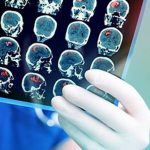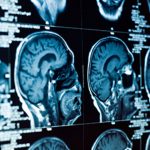
People with long COVID exhibit brain changes that are different from the brains of fully recovered COVID-19 patients, a new brain scan study reports. COVID-19 induced a specific pattern of microscopic structural changes in various brain regions of people with long COVID, researchers will report at the upcoming annual meeting of the Radiological Society of North America (RSNA). “To the best of our knowledge, this is the first study comparing patients with long COVID to both a group without history of COVID-19 and a group that went through a COVID-19 infection but is subjectively unimpaired,” lead researcher Dr. Alexander Rau, a neuroradiology resident at University Hospital Freiburg in Freiburg, Germany, said in an RSNA news release. Between 10% and 25% of patients with a COVID infection wind up developing long COVID, researchers estimate. Long COVID involves a collection of different symptoms that can last for weeks, months or even years after a person gets over their initial illness, according to the Cleveland Clinic. Symptoms can include “brain fog,” fatigue, joint or muscle pain, shortness of breath, GI disturbances, heart palpitations, and changes in sense of smell or taste. For this study, researchers scanned participants’ brains using a novel MRI technique that analyzes the movement of water molecules in tissues. This method can provide detailed information on the brain’s microstructure, and can detect even very small… read on > read on >



























-300x200.jpg)










